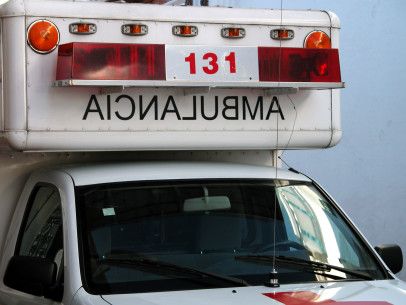CMS Extends Temporary Moratorium (NJ, PA, TX)
On January 9, 2017, the Centers for Medicare & Medicaid Services (CMS) issued a notice in the Federal Register extending the temporary moratoria on the enrollment of new Medicare Part B non-emergency ground ambulance providers and suppliers in the states of New Jersey, Pennsylvania, and Texas. The extended moratoria will run through July 29, 2017.
Section 6401(a) of the Affordable Care Act granted CMS the authority to impose temporary moratoria on the enrollment of new Medicare providers and suppliers to the extent doing so was necessary to combat fraud or abuse. On July 31, 2013, CMS used this new authority to impose a moratorium on the enrollment of new ambulance providers in Houston, Texas and the surrounding counties. On February 4, 2014, CMS imposed a second moratorium on newly enrolling ambulance providers in the Philadelphia metropolitan areas. These moratoria have been extended every six months thereafter.
However, on August 3, 2016, CMS announced changes to its existing moratoria on the enrollment of new ground ambulance suppliers. Specifically, CMS announced that the moratoria would be lifted for the enrollment of new emergency ambulance providers and supplier, but that it would expand the enrollment moratorium on non-emergency ambulance services to cover the entire states of New Jersey, Pennsylvania, and Texas. At the same time, CMS announced the creation of a new “waiver” program that would permit the enrollment of new non-emergency ambulance providers in these states under certain circumstances.
On or before July 29, 2017, CMS will need to make a determination on whether to extend or lift the enrollment moratorium.
Have a Medicare question? AAA members, send your inquiry to Brian Werfel, Esq. using our simple form!




